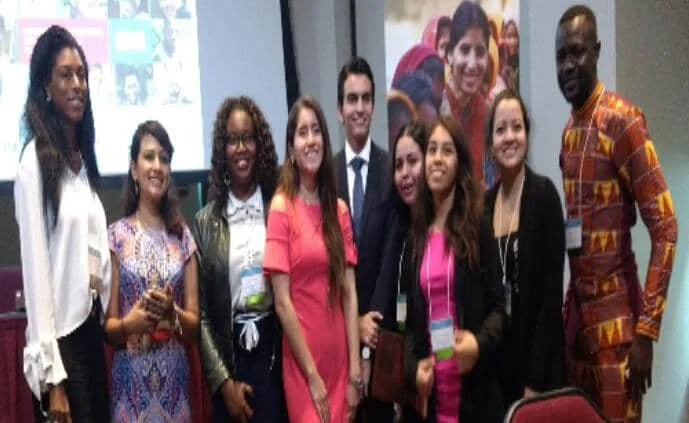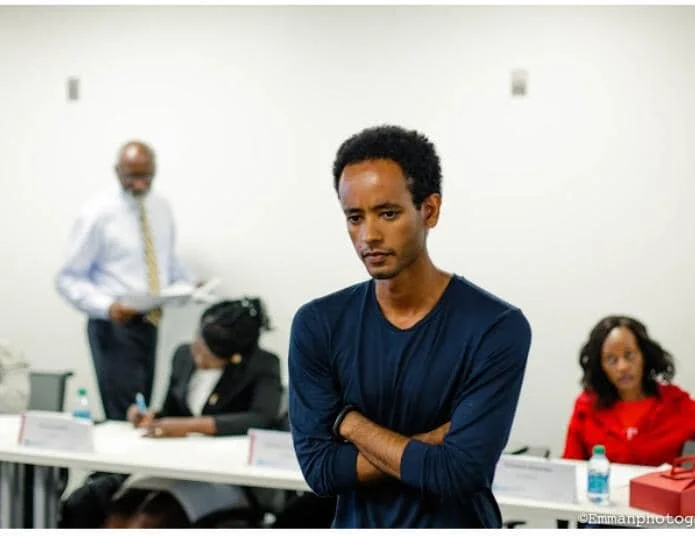While the African migration narrative may be dominated by desperate youth involved in irregular migration, the near-term impact of the COVID-19 pandemic on them has also increased the migration of certain groups, especially those with skills useful in the health sector of destination countries. Increasingly, migration for work or education has become a common phenomenon in Africa. Data from the International Migrant Stock 2019 report, prepared by the UN Department of Economic and Social Affairs (DESA), shows that international migrants in 2019 numbered an estimated 272 million, an increase of 51 million since 2010.
Social, Environmental Factors Seen Behind Africa’s Low COVID-19 Cases
The pandemic has largely been in a younger age group and has been more pronounced in a few countries, suggesting country-specific aspects are driving the pattern of disease and death. COVID-19 transmission in Africa has been marked by relatively fewer infections, which have been on the decline over the past months, owing to a variety of socio-ecological factors as well as early and strong public health measures taken by governments across the region.
Elections In Africa Go On Amid COVID-19
Central African Republic and in Niger held their presidential and parliamentary elections on 27 December 2020 to round up a challenging year where despite fears of disruption from the COVID-19 pandemic, most countries in Africa managed to stick to their scheduled elections. Elections of members of the House of People’s Representatives and of regional State Councils across Ethiopia was to be held in the new political environment ushered in by Prime Minister Abiy Ahmed’s reforms. He won the 2019 Nobel Peace Prize for ending a two-decade conflict with neighboring Eritrea.
Why Is International Youth Day Important?
How do we shift our systems and mechanisms for the opportunity to support youth post-pandemic? There is a lot of collaboration and information sharing among young people and between countries. There is a borderless quality to youth engagement and activity going on right now that is exciting and offers a lot of potentials. Even though we're experiencing a pandemic, there is so much room for youth and PYD, for youth to step up and lead and articulate what kind of future they want. We need to keep this momentum going.
COVID-19 Is Here. Now Is the Time To Lead.
We are inviting Ethiopians to join the fight against COVID-19 by protecting essential frontline responders, instituting safe workplaces through the adoption of WHO guidelines, and engaging medical staff in accurate and timely communications on the disease. Among the myths, Suraphel has heard about the pandemic include that the virus resulted from a laboratory accident. It’s myths like these that sow discord and confusion. It’s up to young leaders, Suraphel explains, to challenge and correct this misinformation.
African Women in Politics: Miles to go before parity is achieved | The Youth Cafe
BY ZIPPORAH MUSAU
In the fight for gender equality, women around the world have advanced in small and large ways. Yet for women in Africa, progress is measured in micro steps, and the struggle has a long way to go. The good news is that women’s rep-resentation in political decision making has been on the rise globally. The not-so-good news is that the increase has been stubbornly slow, barely 1% in 2018 compared with the previous year. In 2018 the number of women ministers world-wide reached an all-time high at 20.7% (812 out of 3922).





